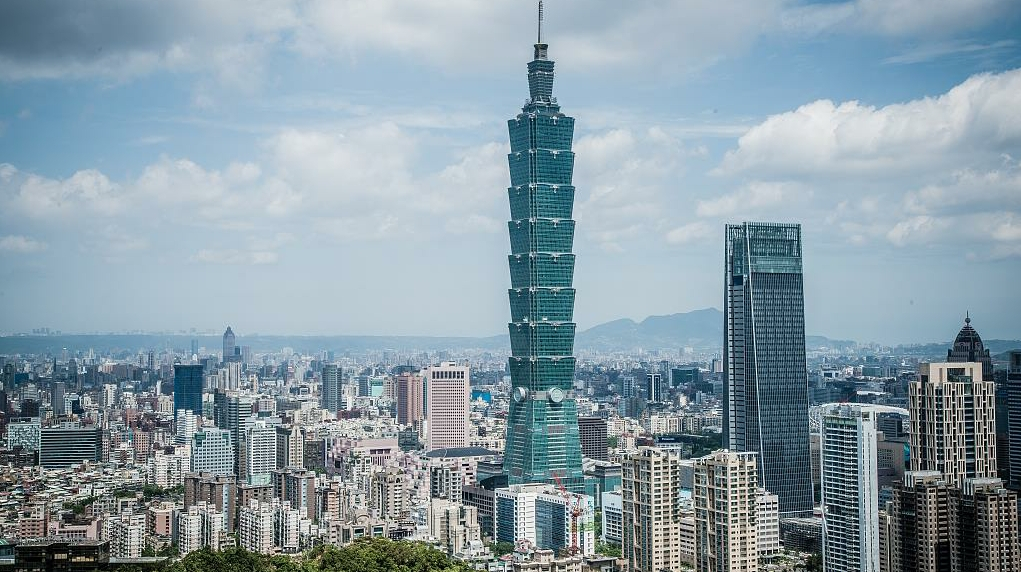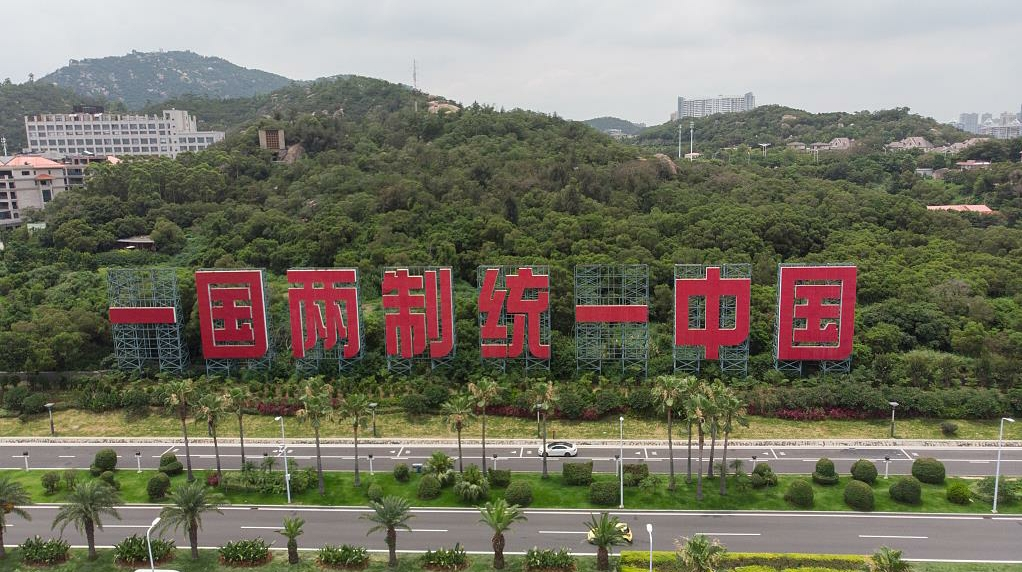
15:18, 14-Aug-2019
Highlight - White Paper on China's National Defense: Taiwan issue is China's defense priority

According to the Ministry of Culture and Tourism, travel to Taiwan by individuals from the Chinese mainland is suspended since 1st August. Mainland travelers now can choose only group tours to visit Taiwan.
The suspension, no doubt, is influenced by the current climate of cross-Straits relations.
The Taiwan issue has always been one of the national defense priorities. In July, Taiwan leader Tsai Ing-wen made stops in the United States on her way to visiting four Caribbean countries just after the US approved a planned arms sale to Taiwan worth an estimated $2 billion, though the Chinese government firmly and clearly opposed any official exchanges between the US and Taiwan.
In response, the Chinese government announced that it would impose sanctions on the US enterprises involved in the arms sales.
China will take "all necessary measures" to safeguard national sovereignty and territorial integrity. In recent years, China's anti-separatism fight has become more acute.
"Opposing and containing 'Taiwan independence'" was listed as one of the top national defense priorities in the 10th Chinese defense white paper — "China's National Defense in the New Era", the first comprehensive defense white paper since the 18th National Congress of the Communist Party of China — which was released on 24th July by the State Council Information Office.

The slogan of "one country and two systems to achieve national sovereignty" in Xiamen, Fujian Province, a Strait distance from Taiwan. /VCG Photo
The slogan of "one country and two systems to achieve national sovereignty" in Xiamen, Fujian Province, a Strait distance from Taiwan. /VCG Photo
So how do we understand the Taiwan issue in this white paper? Robert Lawrence Kuhn discussed the matter with Cao Weidong, researcher from the PLA Naval Research Academy.
According to Cao Weidong, China resolutely opposes any attempt or move to split the country by "Taiwan independence" separatists and any foreign interference to this end will be opposed. Since Tsai Ing-wen assumed power, cross-Straits tensions have been exacerbated as she has failed to recognize the 1992 Consensus of "One China". The defense white paper focuses on cross-Straits relations and stresses deterrence to "Taiwan independence".
"Taiwan has yet to be reunited with Chinese mainland. Disputes still exist over the territorial sovereignty of some islands and reefs, as well as maritime demarcations. The defense white paper explicitly said that China resolutely safeguards its territorial integrity, that Taiwan is an inalienable part of Chinese territory," says Cao.
The white paper states that to solve the Taiwan issue and achieve complete reunification of the country is in the fundamental interests of the Chinese nation and essential to realizing national rejuvenation. China adheres to the principles of "peaceful reunification", and "one country, two systems", promotes peaceful development of cross-Strait relations, and advances peaceful reunification of the country. Meanwhile, China resolutely opposes any attempts or actions to split the country and any foreign interference to this end. China must be and will be reunited.
SITEMAP
Copyright © 2018 CGTN. Beijing ICP prepared NO.16065310-3
Copyright © 2018 CGTN. Beijing ICP prepared NO.16065310-3